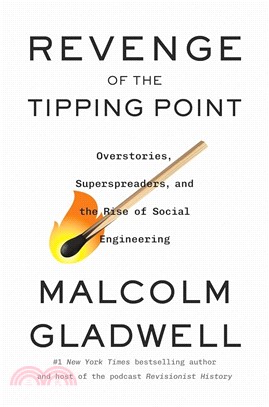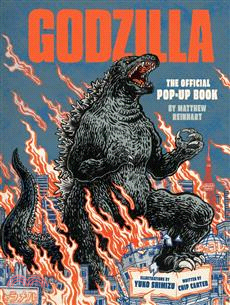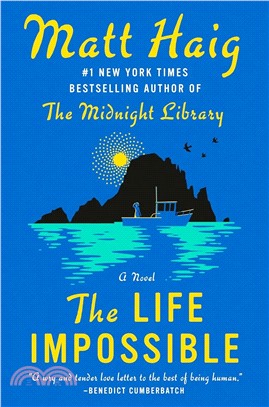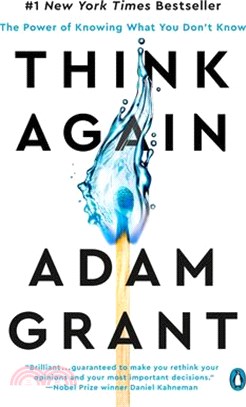The Case for Islamo-christian Civilization
商品資訊
ISBN13:9780231127974
出版社:Columbia Univ Pr
作者:Richard W. Bulliet
出版日:2006/05/23
裝訂/頁數:平裝/187頁
規格:21cm*14cm*1.3cm (高/寬/厚)
定價
:NT$ 1024 元優惠價
:90 折 922 元
無庫存,下單後進貨(到貨天數約30-45天)
下單可得紅利積點:27 點
商品簡介
作者簡介
相關商品
商品簡介
Conventional wisdom maintains that the differences between Islam and Christianity are irreconcilable. Pre-eminent Middle East scholar Richard W. Bulliet disagrees, and in this fresh, provocative book he looks beneath the rhetoric of hatred and misunderstanding to challenge prevailing -- and misleading -- views of Islamic history and a "clash of civilizations." These sibling societies begin at the same time, go through the same developmental stages, and confront the same internal challenges. Yet as Christianity grows rich and powerful and less central to everyday life, Islam finds success around the globe but falls behind in wealth and power.
Modernization in the nineteenth century brings in secular forces that marginalize religion in political and public life. In the Christian world, this simply furthers a process that had already begun. In the Middle East this gives rise to the tyrannical governments that continue to dominate. Bulliet argues that beginning in the 1950s American policymakers misread the Muslim world and, instead of focusing on the growing discontent against the unpopular governments, saw only a forum for liberal, democratic reforms within those governments. By fostering slogans like "clash of civilizations" and "what went wrong," Americans to this day continue to misread the Muslim world and to miss the opportunity to focus on common ground for building lasting peace. This book offers a fresh perspective on U.S.-Muslim relations and provides the intellectual groundwork upon which to help build a peaceful and democratic future in the Muslim world.
On "clash of civilizations"
"Civilizations that are destined to clash cannot seek together a common future. Like Mathews'Islam, Huntington's Islam is beyond redemption. The strain of Protestant American thought that both men are heir to, pronounces against Islam the same self-righteous and unequivocal sentence of 'otherness'that American Protestants once visited upon Catholics and Jews."
On "what went wrong"
"The idea that people in the Middle East once embraced the goal of becoming like Europe and hoped that by adopting European ideas and institutions they would someday experience all of the liberal values we recognize in the Europe of today is nonsense. It assumes a historical outcome for Europe itself that no one even in Europe could have predicted."
On "why do they hate us"
"Those who advanced the Japanese occupation as a model for postwar Iraq seem to have baseball, Hello Kitty, and Elvis impersonators in the back of their minds rather than headscarves and turbaned mullahs.... Like latter day missionaries, we want the Muslims to love us, not just for what we can offer in the way of a technological society but for who we are -- for our values. But we refuse to countenance the thought of loving them for their values."
On Islam's ideological shortcomings
"Jim Jones, David Koresh, and Meir Kahane do not typify Christianity and Judaism in the eyes of the civilized West but those same eyes are prone to see Osama bin Laden and Mullah Muhammad Omar as typifying Islam."
On Middle East studies
"The founders of Middle East studies ignored recommendations that they focus on contemporary Islam and focused instead on Middle Easterners trying to act like westerners. There weren't a lot of these, just as there hadn't been a lot of converts, but the conviction was strong that those few would be pioneers in bringing western modernity to the region... The people we supported as agents of modernity became tyrants."
Modernization in the nineteenth century brings in secular forces that marginalize religion in political and public life. In the Christian world, this simply furthers a process that had already begun. In the Middle East this gives rise to the tyrannical governments that continue to dominate. Bulliet argues that beginning in the 1950s American policymakers misread the Muslim world and, instead of focusing on the growing discontent against the unpopular governments, saw only a forum for liberal, democratic reforms within those governments. By fostering slogans like "clash of civilizations" and "what went wrong," Americans to this day continue to misread the Muslim world and to miss the opportunity to focus on common ground for building lasting peace. This book offers a fresh perspective on U.S.-Muslim relations and provides the intellectual groundwork upon which to help build a peaceful and democratic future in the Muslim world.
On "clash of civilizations"
"Civilizations that are destined to clash cannot seek together a common future. Like Mathews'Islam, Huntington's Islam is beyond redemption. The strain of Protestant American thought that both men are heir to, pronounces against Islam the same self-righteous and unequivocal sentence of 'otherness'that American Protestants once visited upon Catholics and Jews."
On "what went wrong"
"The idea that people in the Middle East once embraced the goal of becoming like Europe and hoped that by adopting European ideas and institutions they would someday experience all of the liberal values we recognize in the Europe of today is nonsense. It assumes a historical outcome for Europe itself that no one even in Europe could have predicted."
On "why do they hate us"
"Those who advanced the Japanese occupation as a model for postwar Iraq seem to have baseball, Hello Kitty, and Elvis impersonators in the back of their minds rather than headscarves and turbaned mullahs.... Like latter day missionaries, we want the Muslims to love us, not just for what we can offer in the way of a technological society but for who we are -- for our values. But we refuse to countenance the thought of loving them for their values."
On Islam's ideological shortcomings
"Jim Jones, David Koresh, and Meir Kahane do not typify Christianity and Judaism in the eyes of the civilized West but those same eyes are prone to see Osama bin Laden and Mullah Muhammad Omar as typifying Islam."
On Middle East studies
"The founders of Middle East studies ignored recommendations that they focus on contemporary Islam and focused instead on Middle Easterners trying to act like westerners. There weren't a lot of these, just as there hadn't been a lot of converts, but the conviction was strong that those few would be pioneers in bringing western modernity to the region... The people we supported as agents of modernity became tyrants."
作者簡介
Richard W. Bulliet is professor of history at Columbia University. A former director of the Middle East Institute and executive secretary of the Middle East Studies Association, he is the author of Islam: The View from the Edge, The Camel and The Wheel, and editor of The Columbia History of the Twentieth Century. He lives in New York City.
主題書展
更多
主題書展
更多書展今日66折
您曾經瀏覽過的商品
購物須知
外文書商品之書封,為出版社提供之樣本。實際出貨商品,以出版社所提供之現有版本為主。部份書籍,因出版社供應狀況特殊,匯率將依實際狀況做調整。
無庫存之商品,在您完成訂單程序之後,將以空運的方式為你下單調貨。為了縮短等待的時間,建議您將外文書與其他商品分開下單,以獲得最快的取貨速度,平均調貨時間為1~2個月。
為了保護您的權益,「三民網路書店」提供會員七日商品鑑賞期(收到商品為起始日)。
若要辦理退貨,請在商品鑑賞期內寄回,且商品必須是全新狀態與完整包裝(商品、附件、發票、隨貨贈品等)否則恕不接受退貨。



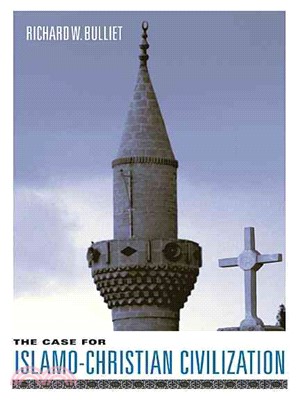













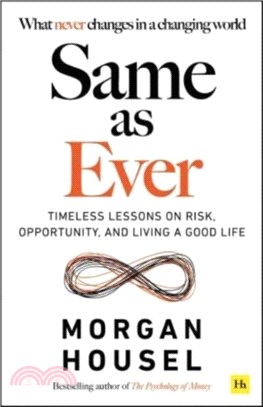
![Wicked [Movie Tie-In]:魔法壞女巫電影原著](https://cdnec.sanmin.com.tw/product_images/006/006285284.jpg)
